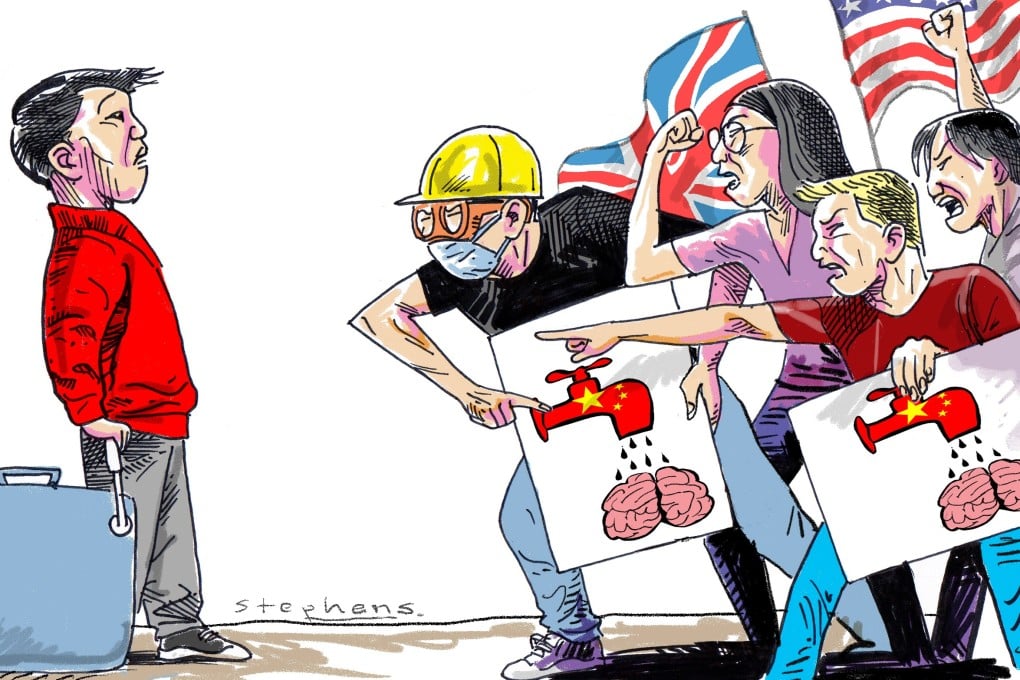Advertisement
Opinion | How Hong Kong protesters are turning off their mainland Chinese supporters
- With Tiananmen in recent memory, even the most liberal-minded mainland Chinese find violence as a means to an end hard to accept
- With Hong Kong protests becoming more disruptive and radical, and xenophobic slurs more prominent, support is waning among former sympathisers
Reading Time:4 minutes
Why you can trust SCMP

On June 16, I shared on my social media feeds a clip of thousands of Hong Kong demonstrators moving aside in seconds to allow an ambulance to pass, amid a two-million-person march against a controversial bill that would allow the extradition of suspects to the mainland. “It’s like Moses parting the Red Sea, so moving,” I wrote.
Advertisement
Many friends of mine who are originally from mainland China also expressed their admiration of the courageous protesters. These friends are well-educated, informed, and critical of authoritarianism.
More than two months later, with radicalisation and violence tarnishing the movement, many are now having second thoughts. In mid-August, seeing the chaos at Hong Kong airport when protesters blocked travellers from boarding their flights and assaulted two mainland individuals suspected of being “undercover policemen”, these initially sympathetic friends expressed their disappointment.
For Richard, a Cantonese-speaking Guangzhou native who received his master’s degree in the United States and has worked in Hong Kong for nearly 10 years, the turning point was July 1, when protesters smashed the glass doors of the Legislative Council and vandalised it. “I don’t understand why people who claim to value democracy would ruin one of the most important democratic institutions that fulfils the separation of powers. It’s good for nothing except venting.”
Lewis, a Silicon Valley engineering manager born in Hangzhou, also started to doubt the demonstrators’ tactics after watching those scenes. What he found especially objectionable was the way some opponents of the movement had been treated.
Advertisement

Advertisement
